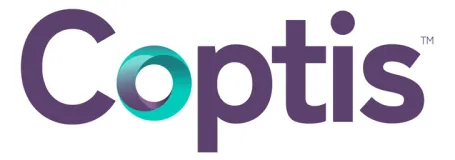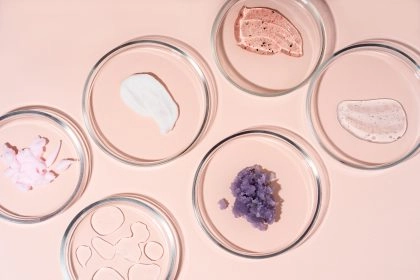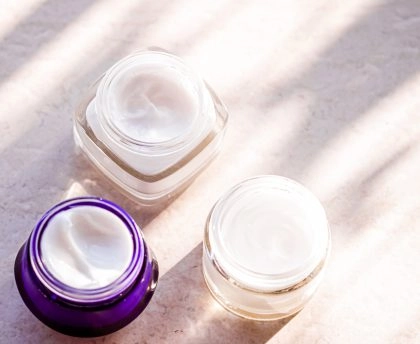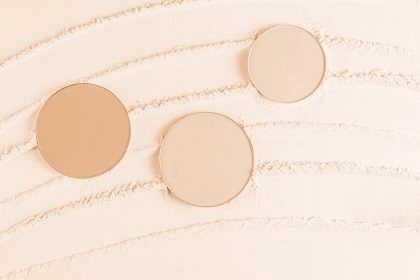Microbiome friendly is something beauty brands can claim, here’s how
Every part of the skin has a distinct ‘microbiome’ – the term that refers to the bacteria, fungi, viruses, and their genes which live naturally on (and inside of) our bodies. But, whether it is the face, scalp or armpits, maintaining a healthy balance of microorganisms in that area remains fundamental to skin health.
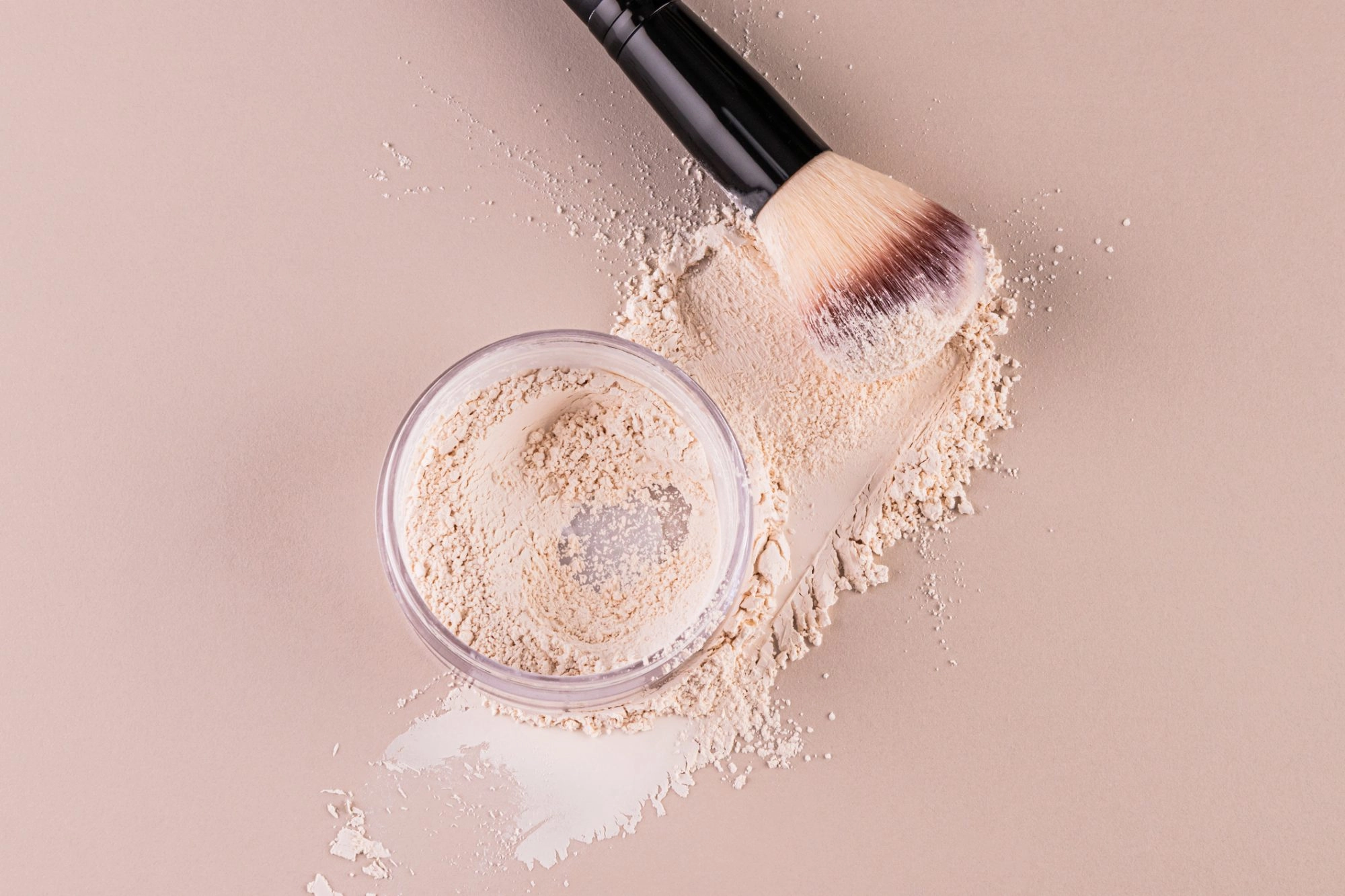
There are many factors in our busy modern lives that can disrupt the microbiome. A diet high in sugary and processed foods, medication (such as antibiotics), stress, alcohol, environmental pollution and even an inappropriate or harsh skincare routine all play their part in compromising the skin microbiome.
A compromised microbiome, known as dysbiosis, can result in a variety of inflammatory skin diseases, including atopic dermatitis (eczema), psoriasis, acne, and rosacea. Scalp dysbiosis, meanwhile, has been linked to dandruff, as well as conditions that can lead to hair loss, such as Folliculitis decalvans and Alopecia areata.
Microbiome products market growth
In light of growing consumer awareness about the microbiome, more products developed to support a healthy skin ecosystem are hitting the market. Prebiotics, which feed beneficial microorganisms and postbiotics, aka beneficial compounds produced by microorganisms are powering skincare products from brands including Galinée and Dr. Barbara Sturm. Commonly used prebiotics for cosmetics include inulin, rhamnose, glucomannan and oligosaccharides.
Moreover, TikTok-trending phrases like barrier protection – which combines moisturisation with microbiome-friendliness – and skin rewilding are keeping the topic in fashion.
While segments from babycare to suncare and even intimate health are turning their attention to the microbiome, it is scalp care that’s currently capturing the public’s imagination. This is thanks to the ‘skinification’ trend, which has seen haircare borrow ingredients and claims from the skin sector. Skinification has also resulted in an explosion of ‘steps’ in our haircare routines, with scalp serums, exfoliators, pre-shampoo primers and masks now gracing bathroom cabinets. According to Mintel research, in 2024, 41% of European Gen Z and Millennials said they used a scalp serum. And with hair loss and dandruff looming large among consumers’ scalp concerns, maintaining microbiome health is a primary target for the scalp care category.
Statistics suggest a thriving future for products claiming to be microbiome-friendly. The global microbiome skincare products market generated a revenue of $405.6 million in 2023 and is expected to reach $835.2 million by 2030. And the scalp care segment is predicted to grow at a compound annual growth rate of more than 7% between 2025 and 2032 to reach a massive $23.81 billion.
Substantiating microbiome claims
Products making skin microbiome claims must ensure these comply with advertising authorities’ rules. The UK’s Advertising Standards Authority (ASA), for example, demands that substantiation must be generated on the finished product marketed to the consumer and not on a single ingredient contained within the product, as the ingredient may have a reduced or different effect when applied as part of a formulation.
Additionally, advertisers should not imply that the effects of ingredients well-established at improving the skin’s condition are due to the interaction of such ingredients with the skin microbiome, unless they have sufficient evidence that that is the case.
Finally, and crucially, the ASA warns advertisers of cosmetic products to ensure that any claims they make in relation to the condition and general good health of the skin do not cross over into claims to treat or prevent skin disease.
When it comes to claims, Product Lifecycle Management (PLM) software from Coptis Software Solutions ensures that every department involved in a product’s development cycle is connected and makes all information accessible in a single location. This facilitates better communication between development, regulatory and marketing teams, ultimately reducing the chance of errors and information loss – all important factors in making certain your product hits the market claiming only what is legal.
A growing certification industry
A helpful development for cosmetics manufacturers is the emergence of certifications to reassure consumers that a product has no negative impact on the skin’s microbiome. Products with microbiome-friendly claims tend to be formulated with gentle ingredients at appropriate concentrations to minimize disruption.
MyMicrobiome is an independent certification body that tests final products and ingredients for their impact on the skin’s microbiome, offering those that pass ‘Microbiome Friendly’ certification. The company offers a variety of standardized in-vitro tests, including those for the face, body, scalp, mouth, nose, vagina, vulvo-vagina, feet, and for infants, with each test designed to address the specific microbial characteristics unique to the corresponding skin or mucosal region.
Another player in this area is skin microbiome-friendly certification mark Kind to Biome, which has 22 in-vitro and ex-vivo protocols that study both strains grown in the lab and live strains from human volunteers. It argues that microbiome-friendliness should be a baseline standard for all segments of the industry, not only for brands with an already outspoken skin microbiome angle.
Materials including SLS and SLES surfactants, alcohol-based ingredients, synthetic fragrances, certain preservatives, overly acidic or alkaline products, essential oils, and antibacterial ingredients can all upset the balance of organisms on the skin. Therefore, prioritizing ingredients of natural and renewable origin can help secure that all-important microbiome-friendly mark.
Here, Coptis’ Raw Materials module centralizes and manages ingredients which are certified under ISO 16128, COSMOS and ECOCERT, as well as those which are RSPO certified, biodegradable, reef-friendly, GMO-free, vegan upcycled, allowing formulators to easily optimize their choices while ensuring compliance, and increasing their chances of creating products that pass the test of being kind to the microbiome.
Operating in France, the United States, and Singapore, Coptis has been a trusted software provider for 25 years. The company continues to update its offer to meet beauty industry needs, helping cosmetics manufacturers navigate regulatory red tape while creating trending products that consumers love.
To find out more about Coptis PLM and what it can do for you, contact our teams or request a demo.
More resources you might like

